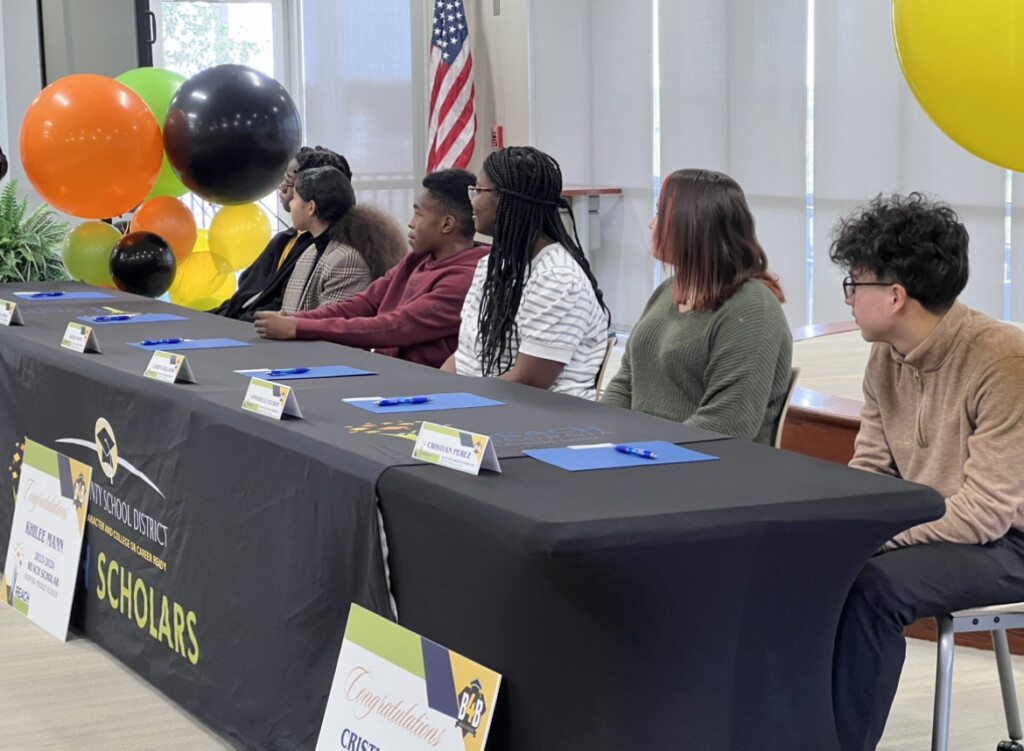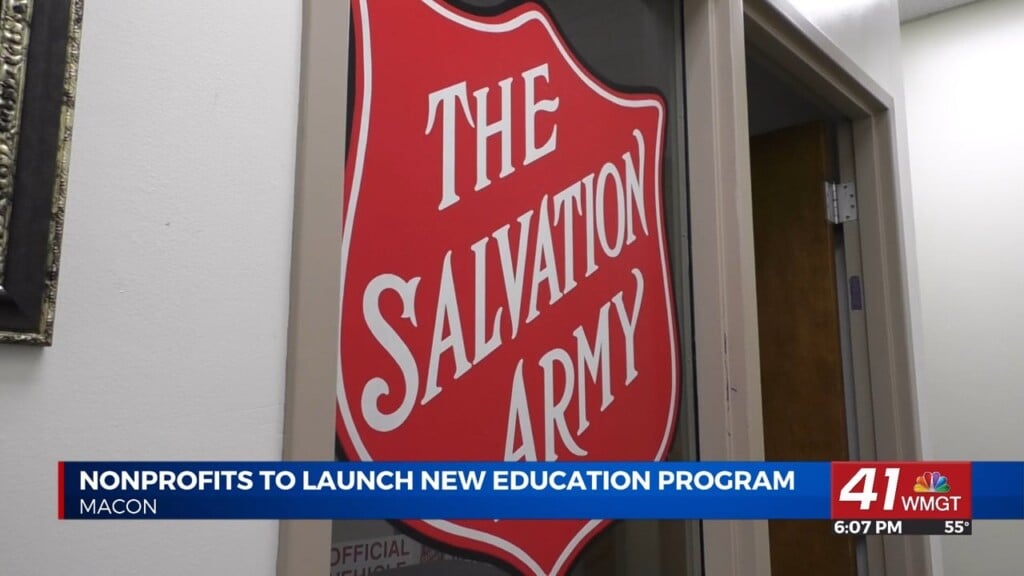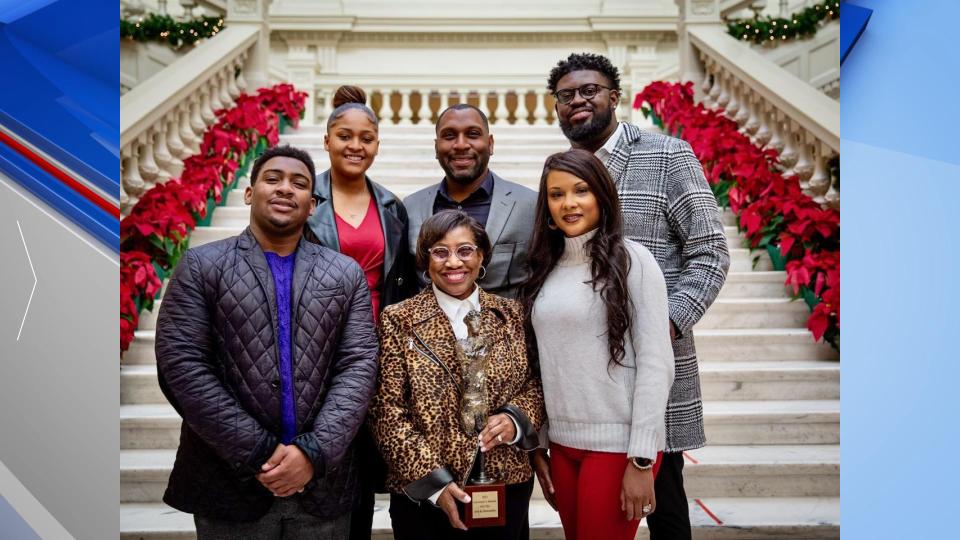Discover Middle Georgia: Glimpses into prehistoric past unearthed by local paleontology
"Georgia was very different, dryer, really not any colder," GCSU biology professor Al Mead said. "The vegetation was completely different: probably open grasslands, similar to the piney woods of east Texas. We had mammoths walking around, giant bison walking around and tortoises the size of the Galapagos tortoise walking around."
MILLEDGEVILLE, Georgia (41NBC/WMGT) – If there are any guarantees in this world, it’s that there is life, and there is death. When life ends, there’s often evidence left behind. From bones to impressions of footprints, life has a funny way of persisting even millions of years later.
Paleontology is the study of life before us. When people hear the term, most of the time images of huge skeletons of the previous kings of the earth come to mind: the mighty dinosaurs. However, most paleontology is actually on a small scale, and here in Middle Georgia, we hardly find any dinosaurs skeletons at all!
Georgia College & State University’s Biology professor “Al” Mead tells us Georgia is not ideal for finding dinosaur material due to the age of the rocks that are exposed, but he says there are some in the Columbus area and closer to Alabama.
For the most part here in Georgia, while still uncommon, you’ll likely find fossils of teeth from different prehistoric mammals or sea creatures like sharks. Dr. Mead was able to give us a good picture of what Middle Georgia probably looked like millions of years ago thanks to the records left by fossils and more.
“Georgia was very different, dryer, really not any colder,” he said. “The vegetation was completely different: probably open grasslands, similar to the piney woods of east Texas. We had mammoths walking around, giant bison walking around and tortoises the size of the Galapagos tortoise walking around.”
GCSU’s William P. Wall Museum of Natural History displays a sampling of fossils of different plants and animals staff have either collected from going on digs or through donations from all over North and South America.
Biologists study what came before to better understand why our world is rapidly changing today.
Dr. Mead says life is at a great risk today thanks to humanity’s impact on the natural world, but paleontology lets us look at what came before and enables us to be in a position to re-evaluate our role in this world and hopefully make steps to change things for the better.



